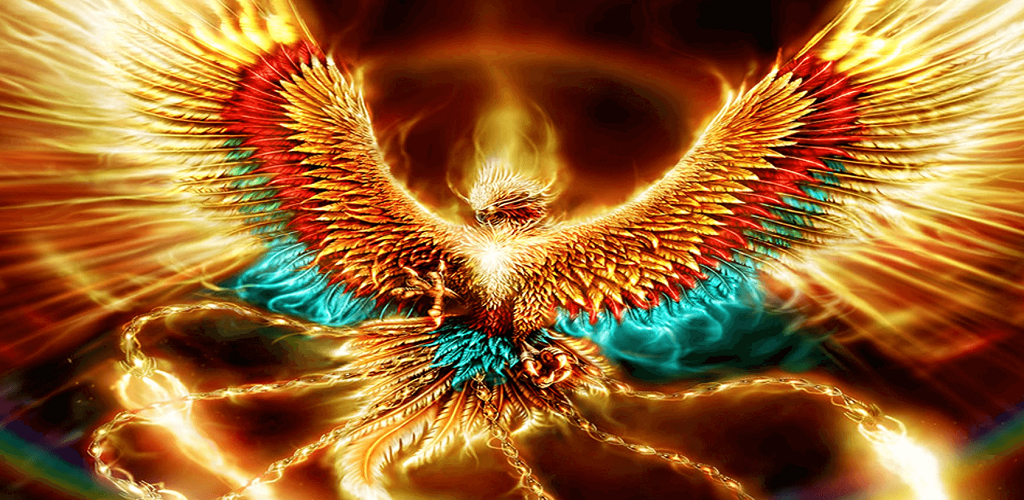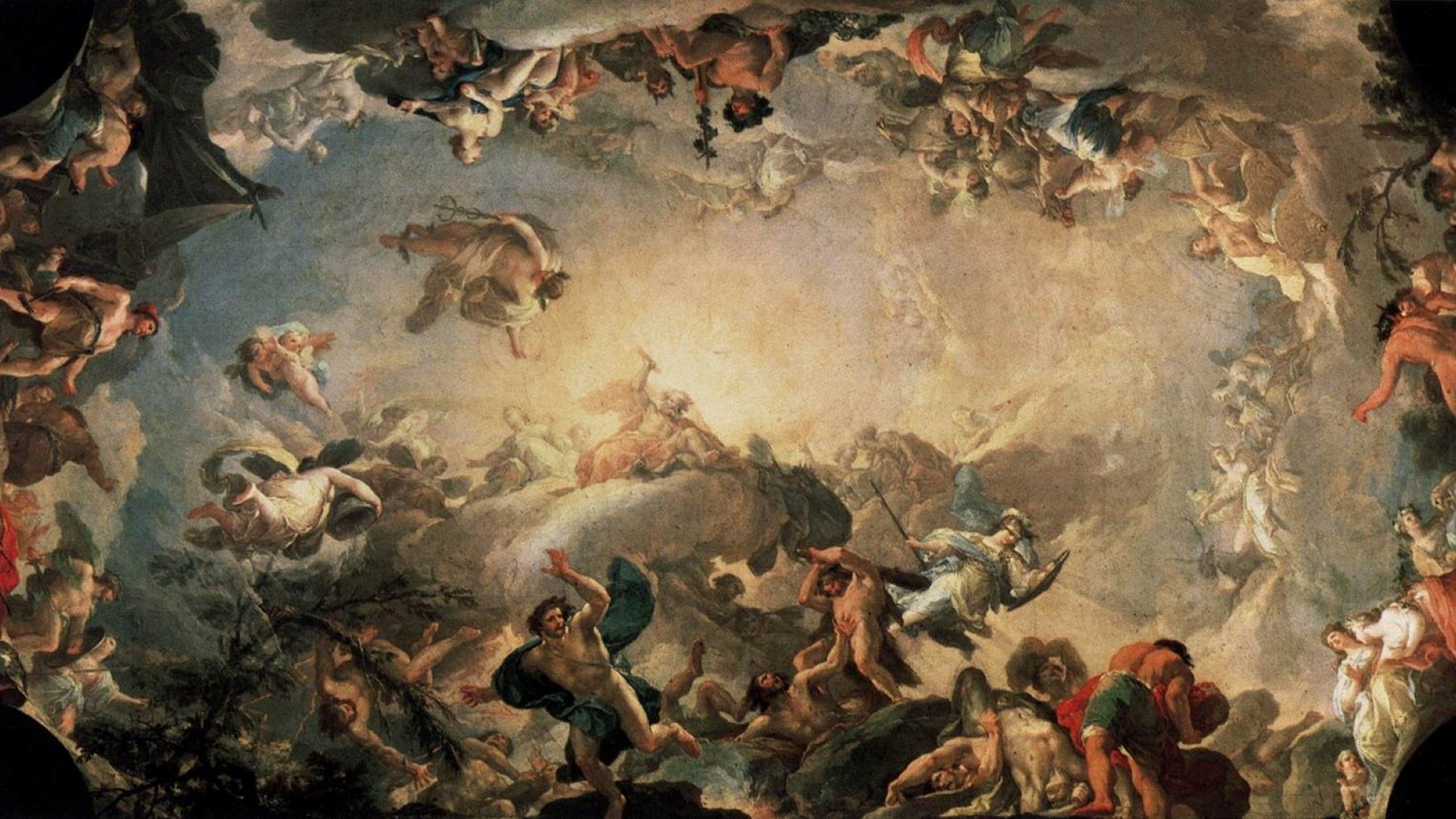
PHILOMELUS (BOOTES)
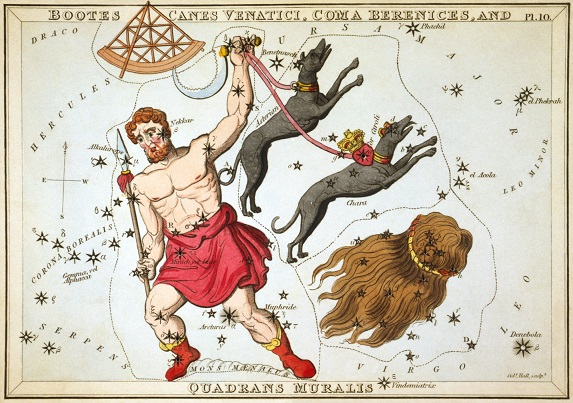
semi-god inventor of the wagon and the plough
Bootes (Philomelus or Philomenus) was a minor Greek demi-god, the son of Demeter and Iasion, and the brother of Plutus. Plutus was very wealthy, but gave none of his riches to his brother.
Out of necessity Philomenus bought two oxen, invented the wagon or plough, and supported himself by ploughing his fields and cultivating crops. His mother, admiring him for this, put him in the heavens as the constellation Bootes, his wagon or plough being the constellation Ursa Major.
Philomelus's son Parias gave his name to the Parians and the city of Parion (a town in Mysia on the Hellespont).
[1]
Sources
Note from the AncientGreeceReloaded Team:
English/Latin Bibliographies have mixed up the myth of Bootes; such is the case with the above example, which is commonly been accepted by non-Greek speakers.
The mistake originates due to the following literature review:
William Smith, ed. (1870). "Philomelus". Dictionary of Greek and Roman Biography and Mythology.
So how does the original Ancient Greek Myth go (and which has nothing to do with Plutus etc.; as seen in the above example)?
In short:
Bootes (Greek: Βοώτης), from an etymological point of view, has two (accepted) meanings:
1. From βους (Modern Greek:βόδι; English: ox – yes, the animal) and ωθείν (Modern Greek: την καθοδήγηση, το σπρώξιμο; English: guiding or pushing); in other terms, he was seen as the guide of the Homeric Carriage (aka Ursa Major).
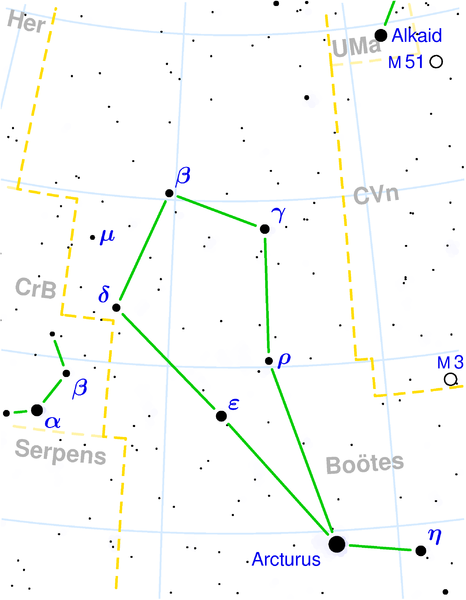
2. In later years, he was imagined as the hunter, who leads his “hunting dogs”, chasing after Ursa Major and Ursa Minor.
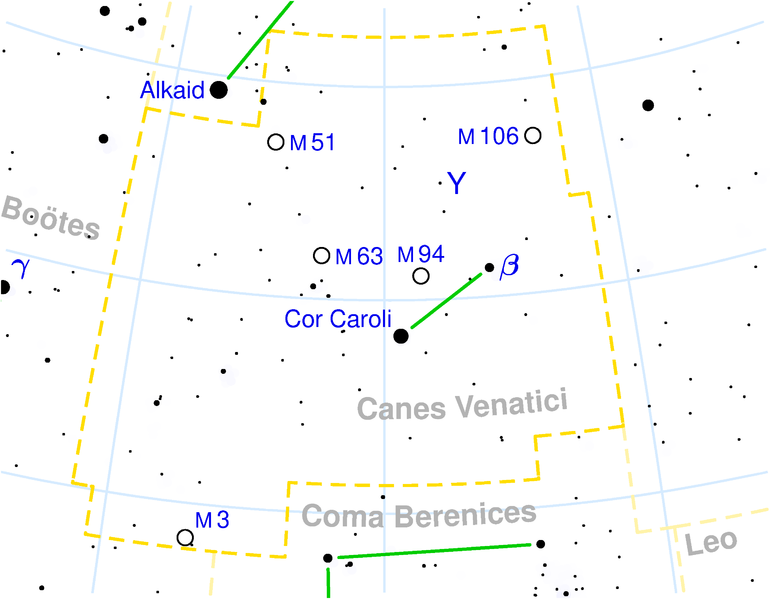
And the above mentioned etymological explanations are the ones that connect Bootes to the actual myths of Ursa Major, and Ursa Minor, as well as to the constellations.
Also, one version of his myth goes as follows:
Due to Bootes' invention of the plough, humanity was able to cultivate crops in a very effective way; and probably symbolizes the transition from nomadic societies to structured agricultural societies.
Goddess Demeter being very pleased, asked Zeus to place Bootes (also called the shepherd) between the stars; as a symbol to agriculture.
Our Mobile Application
Check out Our Mobile Application "Ancient Greece Reloaded"
